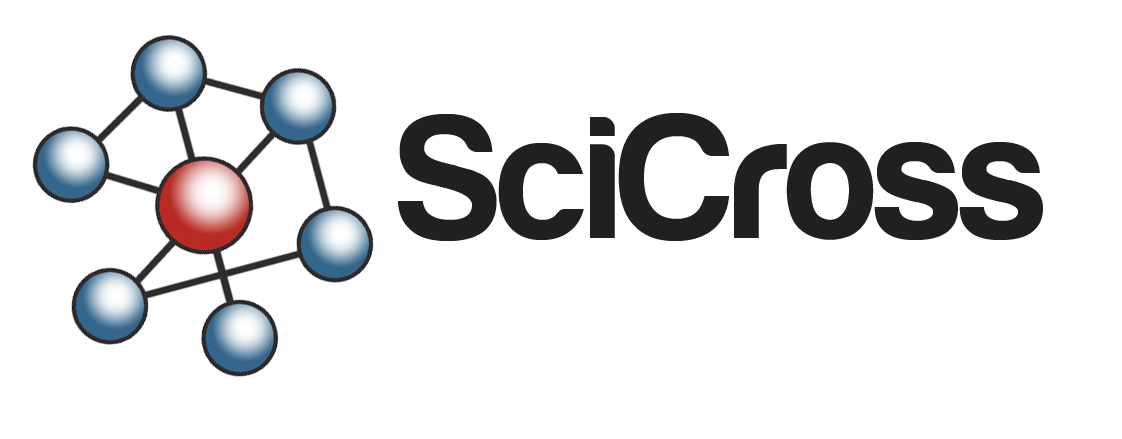Machine learning for ADA risk prediction
In collaboration with UCL, Charles University in Prague and the Karolinska Institute we have a poster at ISMB 2022 (Madison US) with the title “Using Metabolomic and Transcriptomic profiles to Predict Development of Anti- IFNβ Antibodies in people with Relapsing Remitting Multiple Sclerosis”.
Abstract
Anti-drug antibodies (ADA) reduces treatment efficacy in multiple sclerosis (MS) patients. Predisposing factors for ADA are poorly characterised, creating an unmet need for biomarkers to predict ADA and subsequent treatment failure. A multiomic approach was used to predict ADA development in interferon-beta (IFNβ) treated MS patients.
Serum was collected from MS patients, through the ABIRISK consortium, before and 3 months after IFNβ treatment. ADA status was determined after 12 months on IFNβ. Supervised machine learning, including logistic regression and sPLS-DA, were used to predict ADA status using metabolomic data (n=82), while transcriptomic profiles were examined in matched patients (n=11).
Before treatment, machine learning models classified patients with an accuracy ≈84%, while lipid metabolism gene counts clustered patients by ADA status, suggesting disrupted lipid metabolism amongst ADA+ patients. Strong correlations between these gene counts and metabolite concentrations were observed. Furthermore, ADA+ patients had distinct responses to IFNβ at month 3, showing differentially regulated metabolites and a down regulation of interferon signalling genes previously associated with response to IFNβ. This could predict ADA early in the treatment course.
Metabolomics and transcriptomics are promising tools for prediction of ADA in IFNβ treated MS patients and could provide novel insight into mechanisms of immunogenicity.
